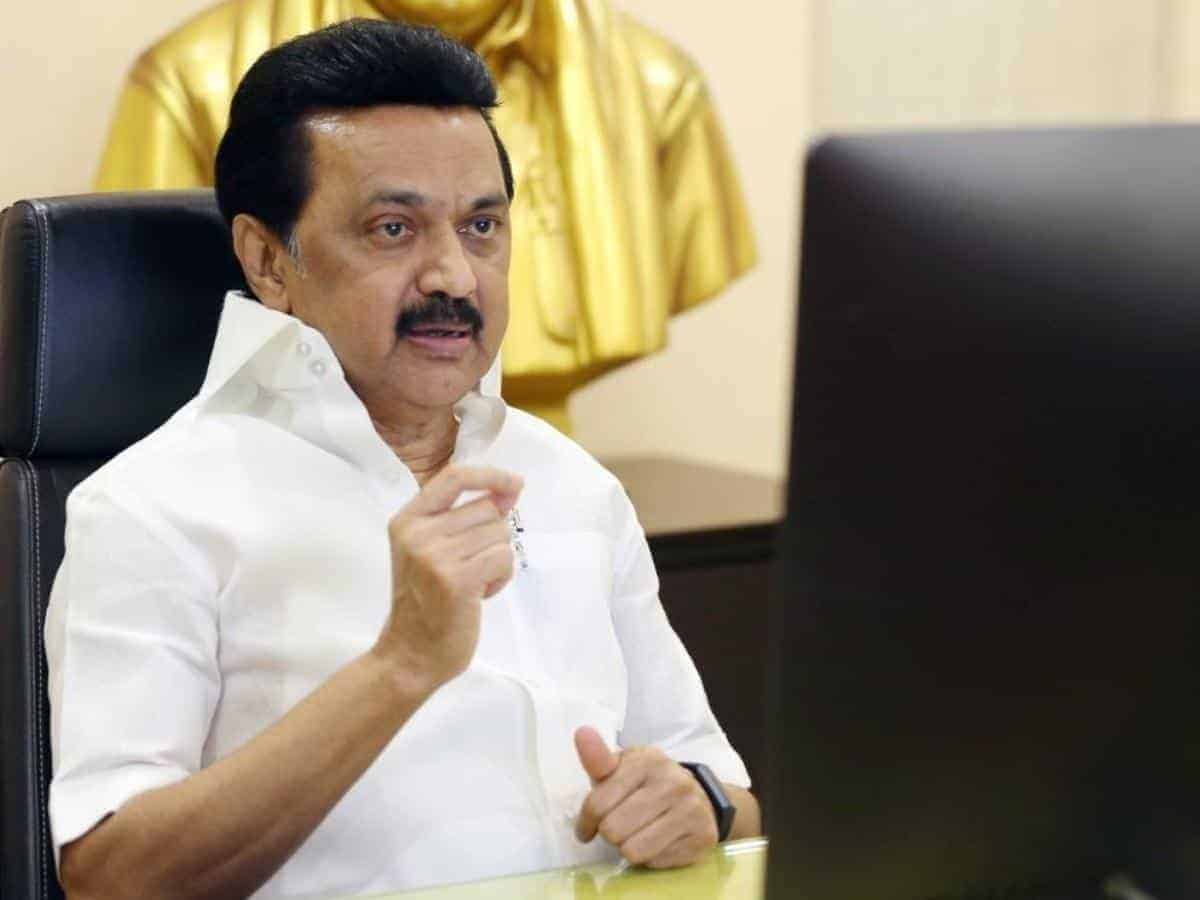Chennai: Tamil Nadu Chief Minister, M.K. Stalin on Thursday tabled a bill in the assembly to provide 7.5 per cent reservation to students studying in government schools for professional courses like agriculture, law, fisheries and engineering.
Stalin, speaking in the assembly during the tabling of the bill, said that the government’s move was to ensure that a sizeable number of students from rural and village backgrounds with poor means and studying in government schools are provided with the opportunity to enter into professional courses.
Supporting the bill, Opposition leader in the Tamil Nadu assembly and former Chief Minister, K. Palaniswami welcomed the government’s move. The bill is likely to be passed unanimously in the assembly.
Last year, the previous AIADMK government had introduced a 7.5 per cent horizontal reservation to government school students who cleared the National Eligibility cum Entrance Test (NEET) for admission to undergraduate medical courses including MBBS.
Chief Minister M.K. Stalin had in the cabinet meeting held in August first week had announced the decision to extend the 7.5 per cent reservation for government school students to other professional courses like engineering, law, fisheries and agriculture.
He had also mentioned in the cabinet meeting that a legislation to this effect would be brought in the assembly.
Chief Minister said that in 2006, the DMK government had cancelled the entrance examination for professional courses. Stalin said that the decision of the then DMK government was to provide equal opportunities to students from rural backgrounds.
Chief Minister said, “There are several challenges for the students from rural backgrounds studying in government schools to get into professional courses through entrance exams. They have to compete with students from private schools.”
The decision to have special reservation for government school students was based on the recommendations of Justice (Rtd) D. Murugesan committee.
The committee which was constituted by the DMK government on June 15 studied the reasons for poor representation of government school students in professional courses. The committee that submitted its report on June 21 recommended that government school students be provided with preferential treatment.
The committee had recommended the government to provide not less than 10 per cent reservation to students of government schools for admission to professional courses. However the government decided to implement 7.5 per cent reservation considering various other social and economical factors.
TN CM tables bill for 7.5% quota for govt school students in professional courses

